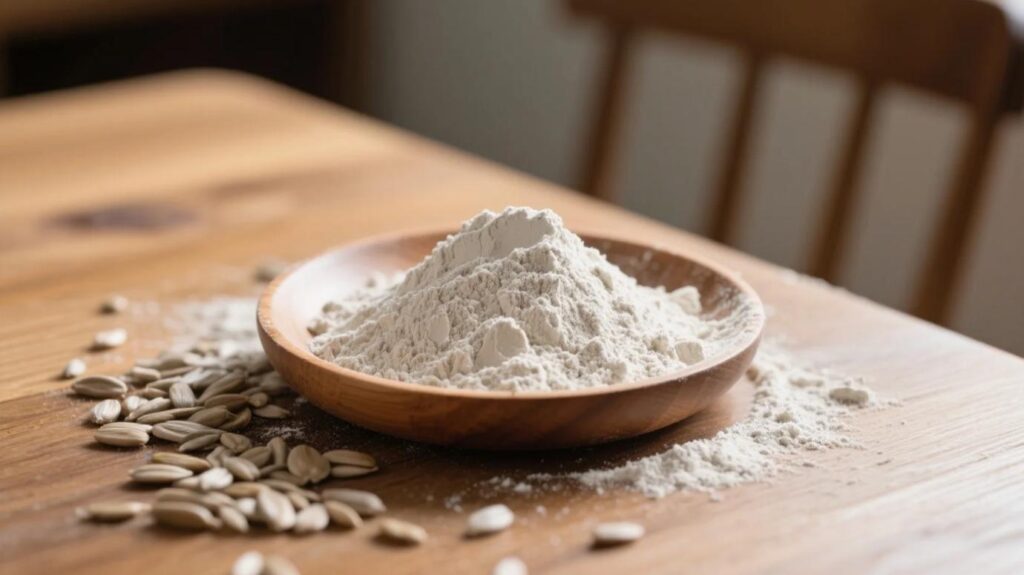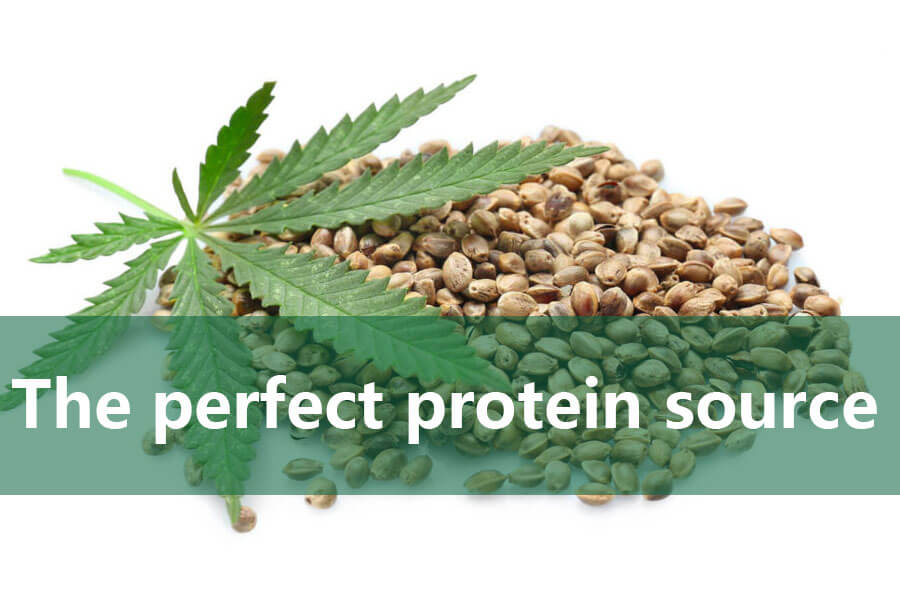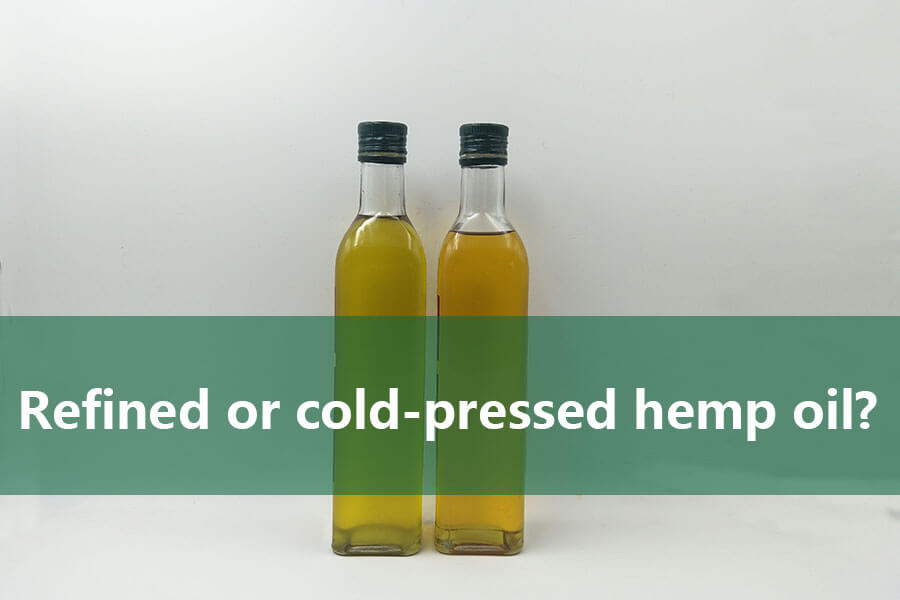As plant-based diets surge in popularity, organic sunflower seed protein powder has emerged as a sustainable, nutrient-dense alternative to animal-derived proteins. But a critical question lingers: Does sunflower protein provide all the essential amino acids required for optimal health? Let’s dive into the science, benefits, and smart strategies to maximize its nutritional value.

1. The Amino Acid Profile: Nearly Complete, But Not Perfect
Sunflower seed protein is derived from the kernels of Helianthus annuus, offering a robust nutritional profile. While it contains all nine essential amino acids, its lysine content falls slightly short of the levels needed to qualify as a “complete protein” like animal-based sources. Here’s the breakdown:
- Strengths: Rich in sulfur-containing amino acids (methionine and cysteine), which support detoxification, collagen synthesis, and antioxidant defense.
- Gap: Lysine, crucial for muscle repair and immune function, is present but in lower quantities compared to legumes or quinoa.
The Fix: Pair sunflower protein with lysine-rich foods like lentils, chickpeas, or spirulina to create a complete amino acid profile.
2. Nutritional Powerhouse Beyond Amino Acids
Even with its lysine limitation, organic sunflower seed protein powder delivers unparalleled benefits:
- Muscle Growth & Recovery: With 20-25g of protein per 100g, it rivals soy and pea protein, supporting muscle synthesis and post-workout recovery.
- Heart Health: Phytosterols and omega-6 fatty acids (in a balanced 3:1 omega-6-to-3 ratio) reduce LDL cholesterol and arterial inflammation.
- Antioxidant Rich: Vitamin E and selenium combat oxidative stress, protecting cells from free radical damage.
- Digestive Ease: Low in oligosaccharides and FODMAPs, it’s gentle on sensitive stomachs compared to legumes.
Pro Tip: Cold-pressed sunflower protein retains more antioxidants and heat-sensitive nutrients.
3. Sustainable & Allergen-Friendly
Sunflower protein stands out for its eco-conscious and hypoallergenic credentials:
- Carbon-Negative Farming: Sunflowers absorb 10 tons of CO₂ per hectare, requiring 50% less water than almonds.
- Allergy-Safe: Free from gluten, soy, and dairy, making it ideal for those with food sensitivities.
- Ethical Sourcing: Brands like ETprotein prioritize USDA Organic and Non-GMO Project Verified certifications, ensuring purity and sustainability.
4. How to Optimize Sunflower Protein’s Potential
Maximize its benefits with these strategies:
- Blend with Lysine Sources: Combine with quinoa, pumpkin seeds, or nutritional yeast for a complete amino acid profile.
- Enhance Absorption: Pair with vitamin C-rich foods (e.g., citrus fruits) to boost iron absorption from sunflower protein.
- Culinary Versatility:
- Smoothies: Blend with almond milk, bananas, and spinach for a creamy post-workout drink.
- Baking: Substitute 20% of flour in muffins or energy bars for a gluten-free protein boost.
- Savory Dishes: Mix into veggie burgers, soups, or hummus for added texture and nutrition.
Athlete Hack: Studies show sunflower protein’s bioavailability matches 80% of whey protein when paired with complementary amino acids.
5. Choosing the Right Product
Not all sunflower protein powders are equal. Prioritize:
- Cold-Pressed & Organic: Retains nutrients and avoids solvent residues like hexane.
- Third-Party Testing: Certificates of Analysis (CoA) should confirm <0.3% THC and zero heavy metals.
- Minimal Additives: Avoid artificial sweeteners, fillers, or excessive sodium.
Top Pick: ETprotein’s Organic Sunflower Seed Protein Powder, celebrated for its 70-79% globulin content and hypoallergenic properties.
Embrace the Power of Sunflower Protein
While organic sunflower seed protein powder isn’t a complete protein on its own, its near-perfect amino acid profile—coupled with strategic pairings—makes it a cornerstone of plant-based nutrition. From muscle repair to heart health and sustainability, it’s a choice that nourishes both body and planet.


